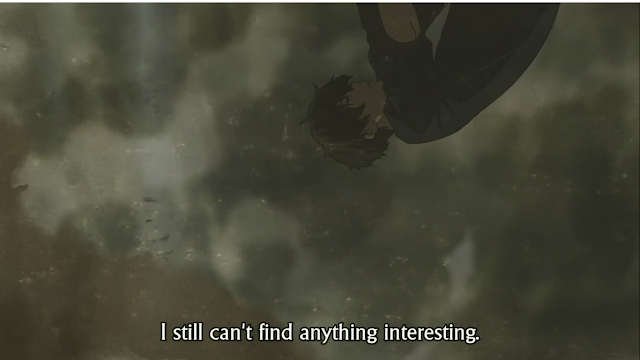In search of Dionysos
This is not another piece about gods: it is a piece about man.
In The Genealogy of Morals, Nietzsche spoke of two moralities: that of a master and of a slave. It might be the closest we get to what can be his ethical system, as he prefers the former over the latter and powerfully encourages man to do the same.
Man - and in particular, men - should have master morality than slave morality, in other words. I would tend to agree with him, if only because slave morality degrades man into a softness not ultimately not acceptable if one is to hope for any kind of self-redemption.
As is my wont, I try to be privy to and figure out the engine behind things. And after perhaps three days of intermittent distraction that hides the dumb bulldozer of my brain, I figured it out: the engine of slave morality is insecurity.
I have been with insecure men before: and if I may be bothered to cast a warning flag for all of my sex, there is no worse fate than being with one.
For you see, as a conceptual opposite to this piece, insecure men will sully and hobble you in ways a pebble dripping with disease cannot: you will be the receiving end of such impotent fury against their own self-unworthiness. For they tend to resort to weapons, or ultimately weaponize themselves, against the projected enemy that is the world. It is weak men that hit you. It is weak men that bow to you, wanting full well for you to be at the ground with them. It is weak men, after all, that destroy. Weak men require weapons for they have no shields. Weak women are worse: they tend to take Nietzsche literally.
Dionysos, the Nietzschean cognate for the master, need no such weapons: all he needs is controlled insanity. He alone can accept his godhood with the grace and fervor of a child, laugh at himself - oh, how powerful laughter is! - and be a sense of stability no whimpering egomaniac could be. The ego of a god is not an ego, after all, it is a condition of possibility for transcending mere ego itself. It is that which ultimately defines strength, and worth, and awareness.



Comments
Post a Comment